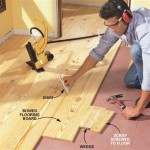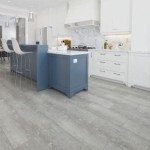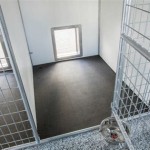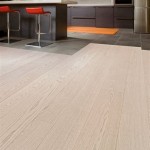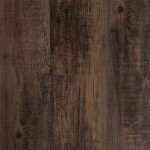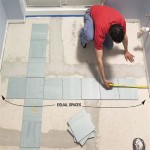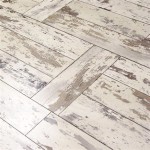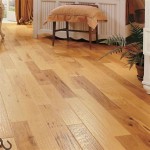Engineered Hardwood Flooring: Definition and Essential Aspects
Engineered hardwood flooring is a popular choice for homeowners looking for the beauty and durability of hardwood without the high cost or maintenance requirements. It consists of a top layer of real hardwood veneer bonded to a core made of plywood or other composite material. This construction method provides several advantages over traditional solid hardwood flooring, making it an excellent choice for many applications.
One of the most significant advantages of engineered hardwood flooring is its stability. The multi-layer construction helps to minimize expansion and contraction caused by changes in temperature and humidity. This makes it less likely to buckle or gap than solid hardwood flooring, making it suitable for use in areas with fluctuating environmental conditions.
Another benefit of engineered hardwood flooring is its versatility. It can be installed over various subfloors, including concrete, plywood, and radiant heat systems. This makes it a great option for both new construction and remodeling projects. Additionally, engineered hardwood flooring is available in a wide range of species, finishes, and plank sizes, allowing you to customize the look of your floor to match your personal style and décor.
Engineered hardwood flooring is also relatively easy to maintain. It can be cleaned and swept like traditional hardwood flooring, and most manufacturers recommend occasional buffing or re-coating to keep it looking its best. Unlike solid hardwood, engineered hardwood flooring does not require sanding or refinishing, which can save you time and money in the long run.
However, it's important to note that engineered hardwood flooring is not impervious to damage. It can be scratched or dented if not properly cared for. Therefore, it's essential to use felt pads under furniture and avoid wearing high heels on the floor. Additionally, engineered hardwood flooring is not waterproof and should not be installed in areas where it will be exposed to moisture, such as bathrooms or laundry rooms.
Overall, engineered hardwood flooring is an excellent choice for homeowners seeking the beauty and durability of hardwood without the high cost or maintenance requirements. Its stability, versatility, and ease of maintenance make it a great option for many applications. However, it's essential to consider its limitations and take proper care to ensure its longevity.

What S The Difference Between Solid And Engineered Timber Flooring

What Is Engineered Hardwood Flooring Floorvenue

Engineered Flooring Vs Laminate Everything You Need To Know Forbes Home

Engineered Wood Vs Solid Which Is Better Flooring

Solid Vs Engineered Quality Hardwoods Superior Design Palo Duro

What Is Engineered Wood Flooring Onflooring

Difference Between Solid Wood Flooring And Engineered Hardwood Lordparquet Floor A Professional Supplier

10 Major Disadvantages Of Installing Engineered Wood Flooring A Floor Guide Reallyfloors America S Est Hardwood

Hardwood Vs Engineered Wood Flooring Which Is Best For You Forbes Home

N Engineered Flooring 1900x136x14 3mm Veneer Artistic Timber Floors

